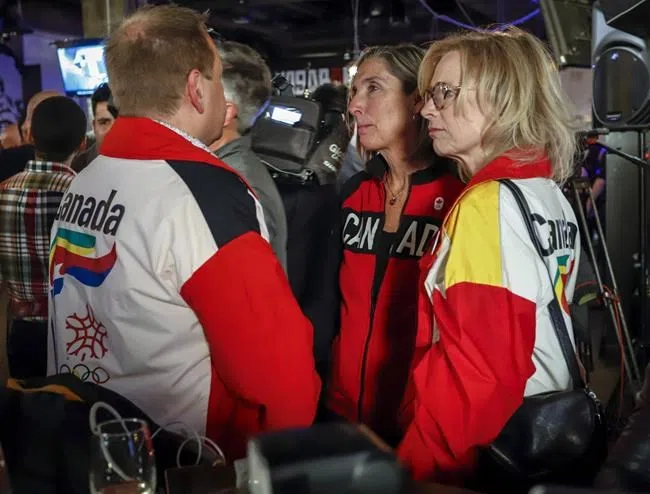
Calgary city council votes to shut down bid for 2026 Winter Games
Calgary must now come to grips with how to modernize its aging sports facilities after rejecting a bid to host the 2026 Winter Olympics and Paralympic Games.
City council hammered the final nail in the coffin of a 2026 Games bid with a unanimous vote to scuttle it Monday.
The decision comes on the heels of a non-binding plebiscite, in which 56 per cent of those who went to the polls voted ‘no’ to bidding for the games.
Calgary was the host city of the 1988 Winter Olympics. The venues from those games, the majority of which are still used by recreational and high-performance athletes three decades later, were the foundation of another potential bid.
